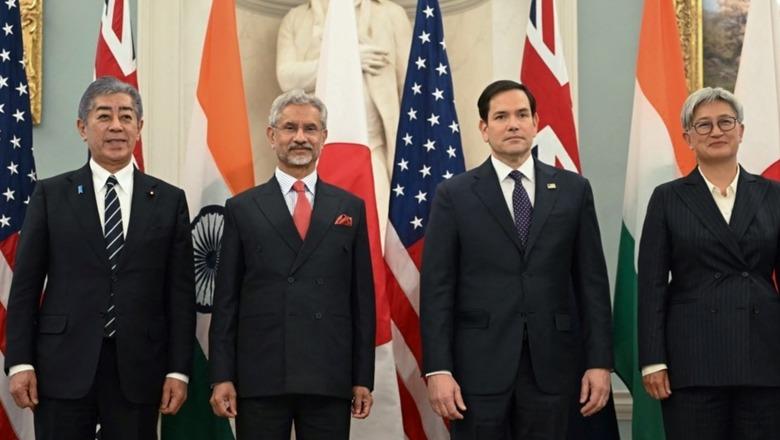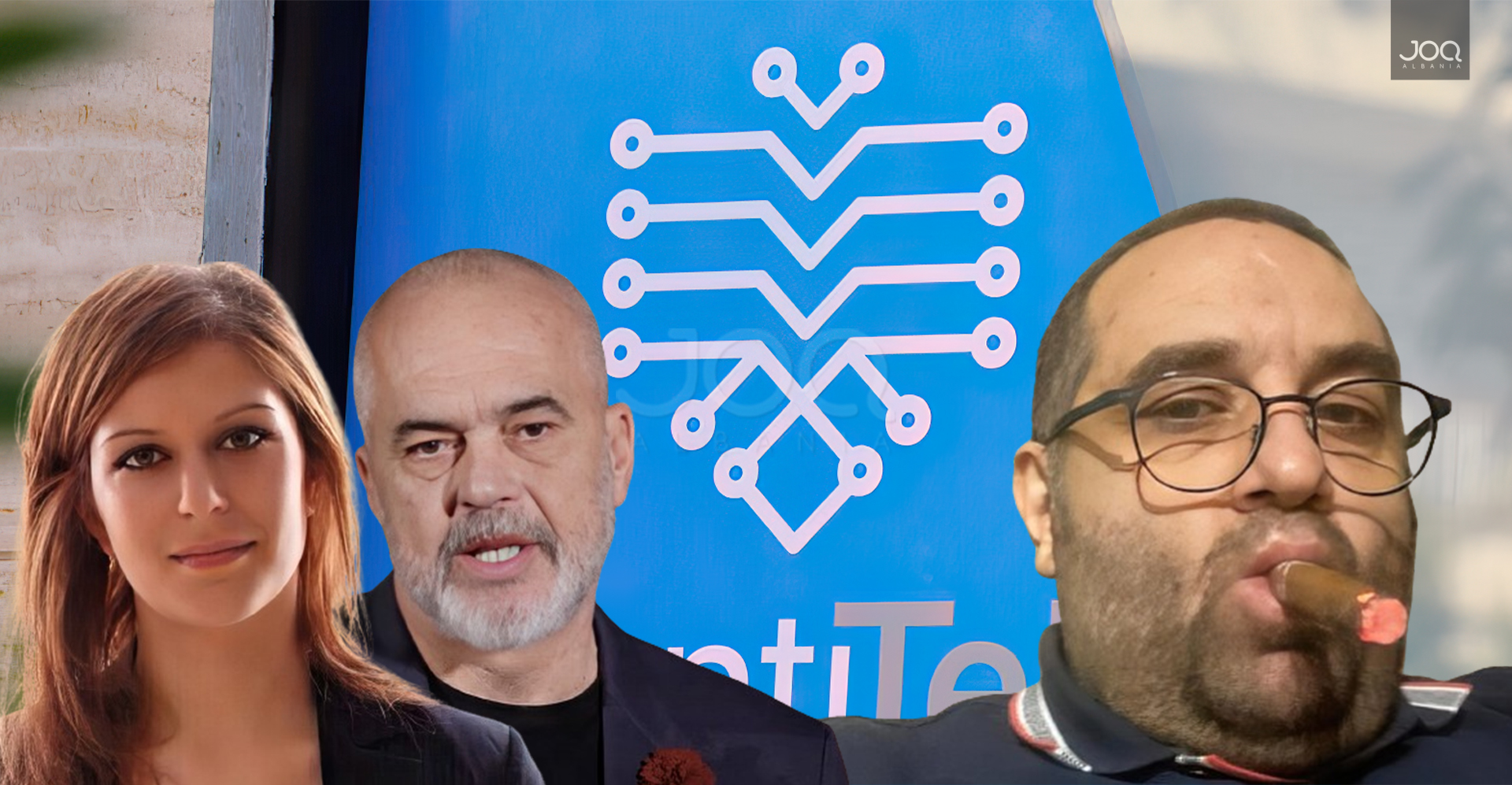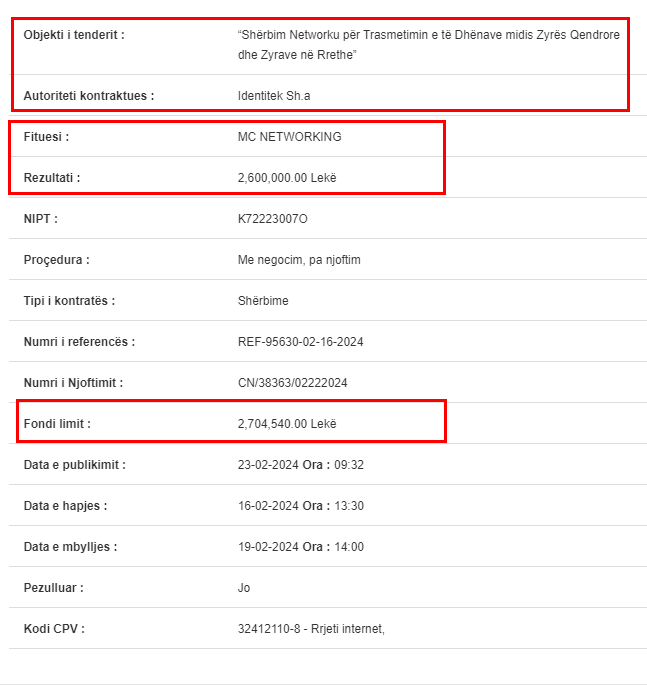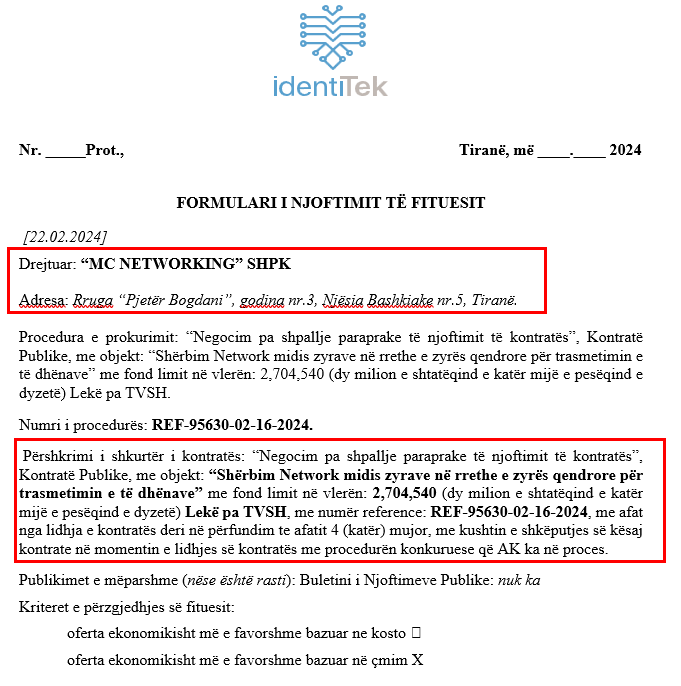um die kriminellen Aktivitäten der diversen Albanischen Innenminister seit 20 Jahren zu vertuschen, wurden überall Frauen eingesetzt und sehr lange schon
Die Kosovo Verbrecher in Albanien: „Ragip Haxhiajdini“, von Daut Kadrinovsky, Enver Shala, Familie Kapiti, Gashi, Ramuz Haradinaj, Ilir Majlindi, Lulzim Berisha
IdentiTek, Shefqet Kastrati, Loina Prifti: Ausschreibungs Betrug, rund um Internet, Regierung, Telekom Kommunikation
18. August 2025 / Politik Mafia

2002, Rezzo Schlauch, mit der angeblichen Schauspielerin: Ema Ndoja
30 Jahre stiehlt die Albaner Mafia, nur Deutsche, EU Gelder: Frida Krifca, Gjergj Luca, Elvis Roshi. Linda Prifti mit Edi Rama, oft aus dem Agrar FUND, IPARD, AZHBR
15. August 2025 / Internationale Mafia, Politik Mafia
Die Mafia Frauen ohne Verstand und Fake Ausbildung: Passport IT Chefin: „Loina Prifti“ der Firma: „IdentiTec“
24. November 2024 / Politik Mafia
Das Mafia Parlament von Albanien, hat sich delegitimiert, indem es gegen die Aufhebung der Immunität von „Bellinda Ballaku“ stimmte
6. Dezember 2025 / Politik Mafia

System Diebstahl des Verbrecher Staates Albanien: Die Kumbaro Mafia, stiehlt auch die EU-Kultur Gelder
6. Dezember 2025 / Politik Mafia
Hipokrat Biba, Juristischer Chef der Post ein Berufkrimineller
15. November 2025 / Politik Mafia
Das kriminelle Enterprise, der Frida Krifca (Bruder: Saimir Krifca) mit Gangstern und dem EU Agrar Fund, mit Drogenhändlern, wie Gjergi Luca bis Arben Isufaj -„Ben Qimja“
1. November 2025 / Internationale Mafia, Politik Mafia
Super Betrug: Bellinda Ballaku, Edi Rama, und der Mafia Flugplatz mit gefälschten Dokumenten mit Recep Pacolli erneut
20. Oktober 2025 / Politik Mafia



































